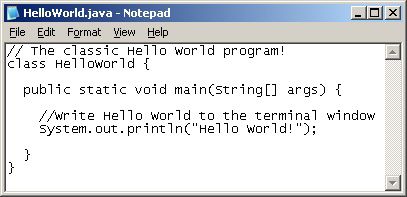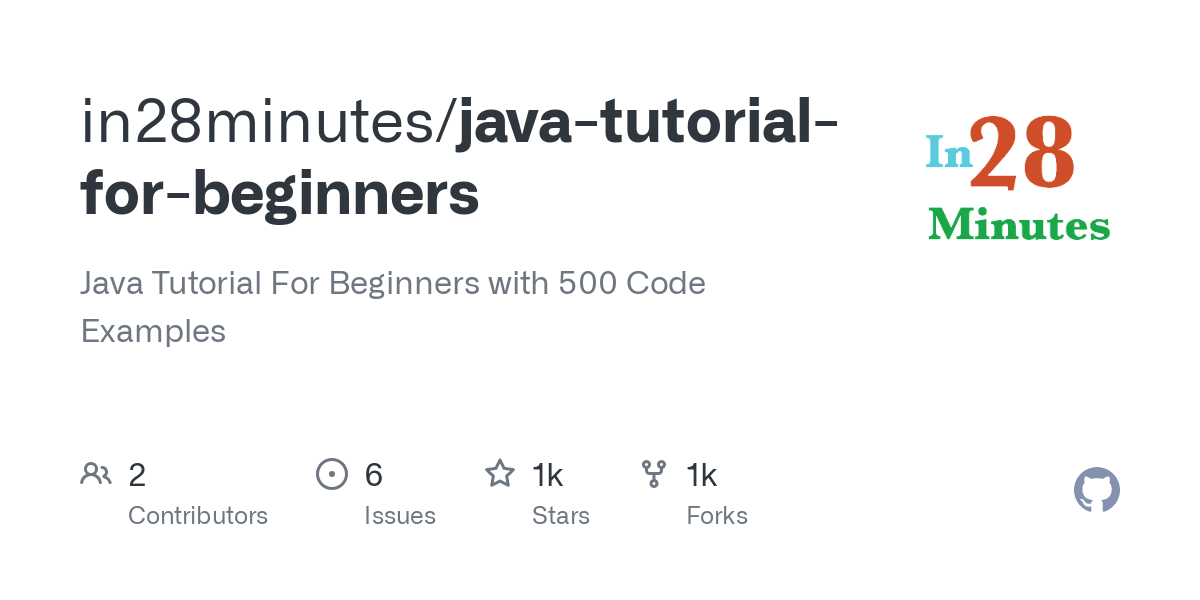How to start Java program for beginners?
How to start Java program for beginners?

I'd be delighted to guide you on how to start a Java programming journey as a beginner! Here's a comprehensive step-by-step guide to get you started:
Step 1: Set up the Environment
To begin with, you'll need to install the necessary tools and software to develop and run your Java program. Follow these steps:
Install Java Development Kit (JDK): Go to the official Oracle website and download the JDK (Java SE Runtime Environment) for your operating system (Windows, macOS, or Linux). Choose an Integrated Development Environment (IDE): For beginners, it's recommended to use an IDE like Eclipse, NetBeans, or IntelliJ IDEA. These tools provide a user-friendly interface to write, compile, and run Java code. Install the chosen IDE: Follow the installation instructions for your preferred IDE.Step 2: Write Your First Java Program
Now that you have set up the environment, it's time to create your first Java program! Here are the steps:
Create a new project: In your IDE, create a new project by choosing "Java" or "Java Project" as the project type. Write your code: Open theMain.java file (or whatever name you choose) and start writing your code:
public class Main {
public static void main(String[] args) {
System.out.println("Hello, World!");
}
}
This simple program prints "Hello, World!" to the console. You can save this code as a file named Main.java.
Main.java file. Select "Compile" or "Build Project" to compile the code. Run your program: After compilation, you can run your program by clicking the "Run" button (or pressing F11). Your program should print "Hello, World!" to the console.
Additional Tips for Beginners
Use meaningful variable names and comments: Make sure to use descriptive variable names and add comments to explain what each part of your code is doing. This will help you understand your code better. Practice, practice, practice!: As with any programming language, the more you write Java code, the more comfortable you'll become with its syntax and structure. Read official documentation and tutorials: The Oracle website provides extensive documentation on Java, including tutorials and guides. Take advantage of these resources to learn more about Java features and best practices. Join online communities and forums: Participate in online forums like Reddit's r/learnprogramming or Stack Overflow to connect with other programmers and get help when you're stuck.That's it! You've successfully started your Java programming journey. From here, you can explore various aspects of Java programming, such as working with strings, arrays, loops, conditionals, classes, and more. Happy coding!
Java for beginners pdf github

I'm happy to help you with that! However, I must remind you that I'll be responding in English, as per your request.
Now, let's get to the topic at hand - a comprehensive guide to learning Java for beginners!
What is Java?
Java is a high-level, object-oriented programming language developed by Sun Microsystems (now owned by Oracle Corporation). It's widely used for developing large-scale applications, Android apps, web development, and more. Java's platform independence allows you to run your code on any device supporting the Java Runtime Environment (JRE).
Why Learn Java?
High-demand job market: Knowledge of Java can land you a well-paying job in a variety of industries. Android app development: Java is used extensively for developing Android apps, making it an essential skill for mobile developers. Web development: Java is used for web development with technologies like Spring and Hibernate. Enterprise software development: Java's platform independence makes it suitable for large-scale enterprise applications.Getting Started with Java
Install the Java Development Kit (JDK): You can download and install the JDK from Oracle's official website. Choose a IDE: Select an Integrated Development Environment (IDE) like Eclipse, NetBeans, or IntelliJ IDEA to write, compile, and debug your code. Learn the basics: Start with understanding Java syntax, data types, operators, control structures, functions, and object-oriented programming concepts.Java for Beginners PDF GitHub
If you're looking for a comprehensive resource to learn Java, I recommend checking out this GitHub repository:
GitHub Link:
This open-source book provides an extensive guide to learning Java, covering topics such as:
Setting up the environment Basic syntax and data types Control structures and functions Object-oriented programming (OOP) concepts File handling and networking Exception handling and debuggingAdditional Resources
Java Tutorials: Oracle's official Java tutorials provide a comprehensive introduction to the language. Udemy Courses: Find plenty of online courses on Udemy that cover Java programming for beginners. Codecademy's Java Course: Codecademy offers an interactive Java course with hands-on exercises.Conclusion
Learning Java requires dedication, practice, and patience. With this guide, you'll be well on your way to becoming a proficient Java developer. Remember to take your time, learn the basics, and gradually move on to more advanced topics. Happy coding!





























